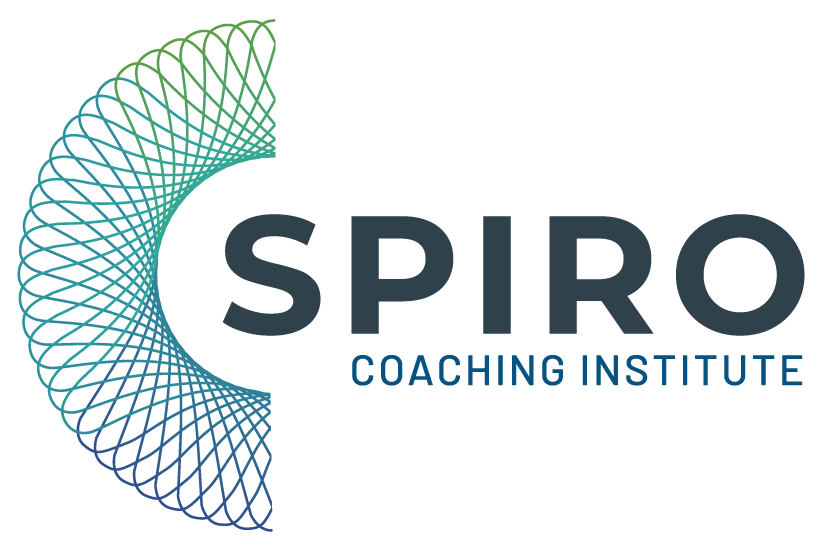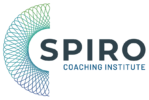SUCCESS
STORIES
Coaching
is now a
way of life
Jay Shah, MD
Chief of Staff, Stanford Health Care
Associate Professor, Department of Urology
Stanford University School of Medicine
Reason for Attending
If I’m going to do something, I always want to do it to the best of my ability. As a leader, I was informally coaching people, but I wasn’t sure I was doing it well. I wanted to learn what it means to be a coach and how to do it effectively so I could be more useful to the people that I serve.
Why Core Skills for Coaching: Academic Medical Centers
As I was talking with a physician colleague, I mentioned that people came to me frequently in my Chief of Staff role and I was coaching them, but I wasn’t officially trained. He said, “Jay, you should get trained. I just attended Core Skills for Coaching and it is perfect for you. You would get a lot out of it.”
Impact
My colleague was right. Core Skills for Coaching provided me with a simple coaching framework I could immediately apply, and it produced powerful results.
In the past, I believed that I was there to solve people’s problems when they sought my help. However, the program completely changed my perspective. As a coach, my role is to act as a mirror and help people understand their issues more clearly and find their own solutions. Initially, this came as a surprise to me. In my clinical role as a cancer surgeon, I am sought out as a world expert, and people often approach me for answers. But now in my leadership role, I’ve learned to listen and ask questions, instead of immediately providing answers. Interestingly, I thought people would think I’m less helpful, but I’ve found the opposite to be true. I’m frequently told ‘thank you, that was so helpful’ after a coaching conversation.
The program also helped me become a better listener. Now, I’m able to listen patiently, without solving others’ problems and without interrupting. When I think I’m finished listening I listen some more. In fact, even in my clinical role, now I ask my patients to repeat what we’ve discussed—one of the listening skills— and I am constantly amazed at how often there is a large gap between what I think we’ve discussed and what the patient has understood. This realization allows me to clarify things for the patient in the moment and ensures that they leave with a better understanding of their situation.
What I’ve learned from Core Skills for Coaching is that coaching is not a just skillset that you turn on and off, it is a philosophy of life that prioritizes open-mindedness and humility in the service of others.


